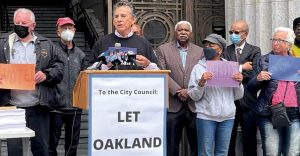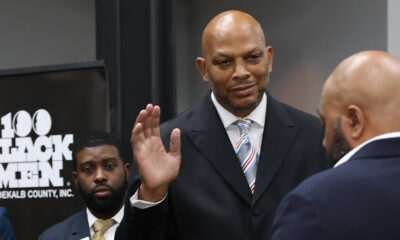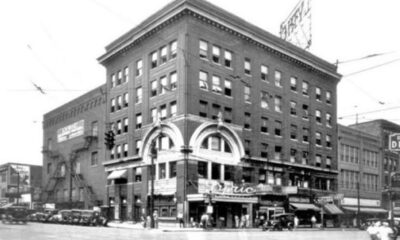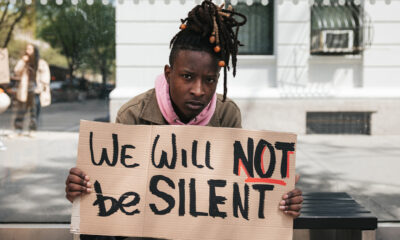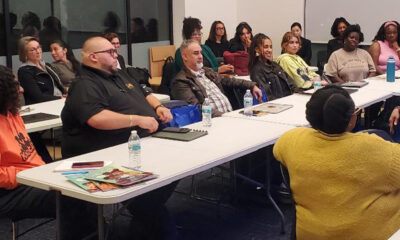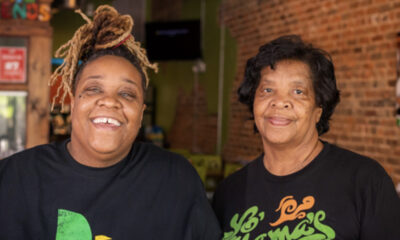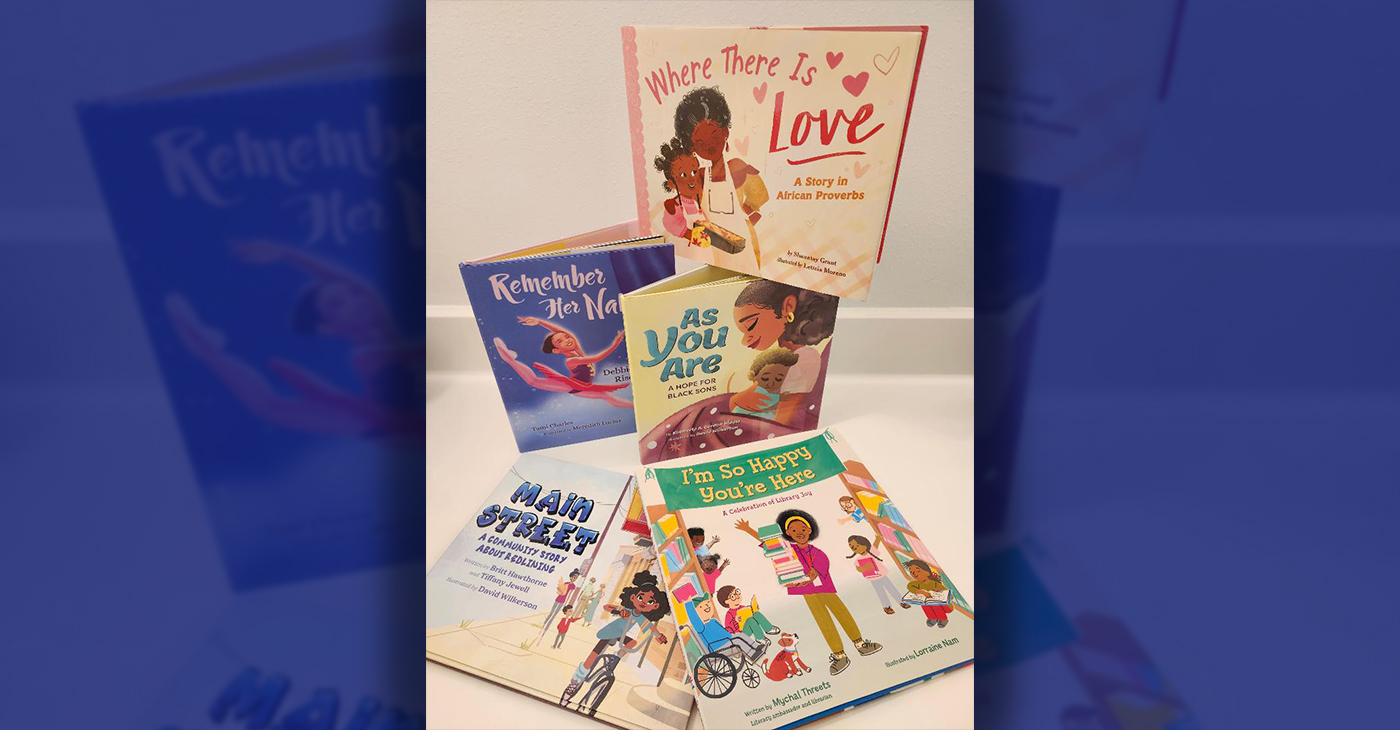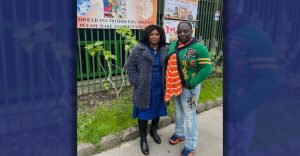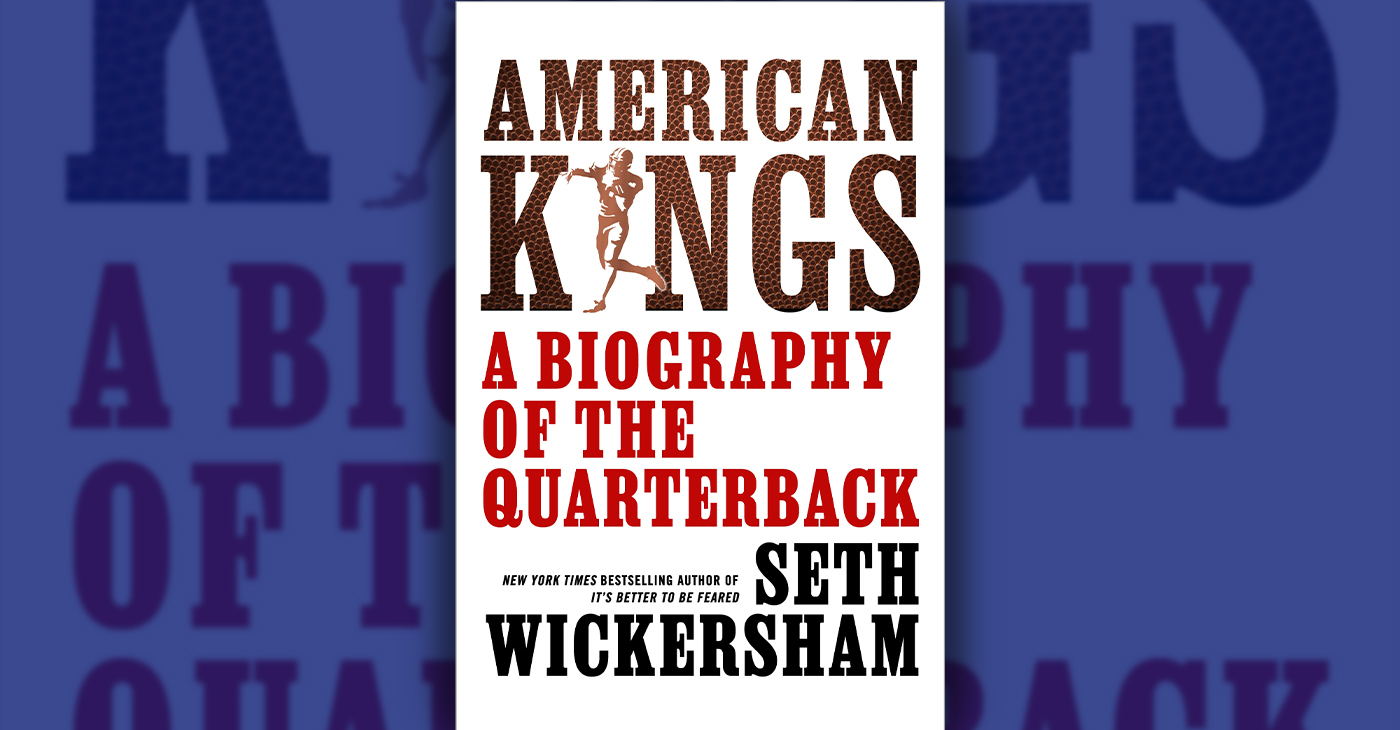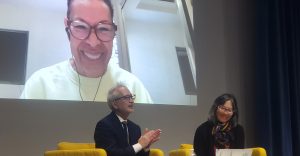Book Reviews
Book Review: Groundbreaking Magic: A Black Woman’s Journey Through the Happiest Place on Earth
Your dream job is still a job. You still must be there on time, look presentable and be ready to go. You can love the work and dislike your coworkers, embrace the challenge but hate the drudge, enjoy the process but dread the politics. The book, “Groundbreaking Magic” by Martha Blanding with Tim O’Day, shows us how we can relish our unique employment situations, downsides and all — and still represent.

Arts and Culture
Book Review: Books on Black History and Black Life for Kids
For the youngest reader, “As You Are: A Hope for Black Sons” by Kimberly A. Gordon Biddle, illustrated by David Wilkerson (Magination Press, $18.99) is a book for young Black boys and for their mothers. It’s a hope inside a prayer that the world treats a child gently, and it could make a great baby shower gift.
Advice
BOOK REVIEW: Let Me Be Real With You
At first look, this book might seem like just any other self-help offering. It’s inspirational for casual reader and business reader, both, just like most books in this genre. Dig a little deeper, though, and you’ll spot what makes “Let Me Be Real With You” stand out.

Arts and Culture
Book Review: American Kings – A Biography of the Quarterback
Wickersham calls his book “a biography,” but it’s just as much a history, since he refers often to the earliest days of the game, as well as the etymology of the word “quarterback.” That helps to lay a solid background, and it adds color to a reader’s knowledge about football itself, while explaining what it takes for men and women to stand out and to achieve gridiron greatness.
-

 Activism4 weeks ago
Activism4 weeks agoLife Expectancy in Marin City, a Black Community, Is 15-17 Years Less than the Rest of Marin County
-

 Activism4 weeks ago
Activism4 weeks agoOakland Post: Week of January 28, 2025 – February 3, 2026
-

 Activism3 weeks ago
Activism3 weeks agoCommunity Celebrates Turner Group Construction Company as Collins Drive Becomes Turner Group Drive
-

 Business3 weeks ago
Business3 weeks agoCalifornia Launches Study on Mileage Tax to Potentially Replace Gas Tax as Republicans Push Back
-

 Activism3 weeks ago
Activism3 weeks agoDiscrimination in City Contracts
-

 Arts and Culture3 weeks ago
Arts and Culture3 weeks agoBook Review: Books on Black History and Black Life for Kids
-

 Activism4 weeks ago
Activism4 weeks agoMedi-Cal Cares for You and Your Baby Every Step of the Way
-

 Activism3 weeks ago
Activism3 weeks agoCOMMENTARY: The Biases We Don’t See — Preventing AI-Driven Inequality in Health Care

